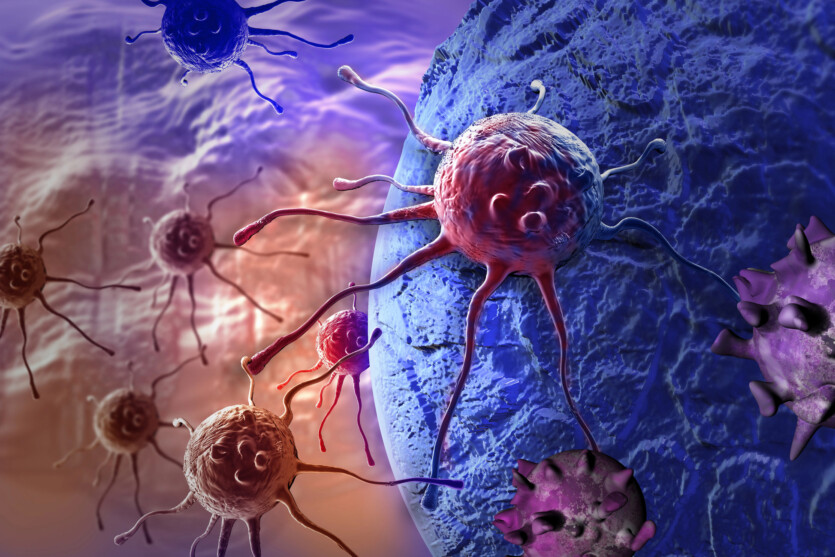
The risk of developing cancer in humans is formed in the early stages of fetal development, scientists have discovered. The study covers two epigenetic states that affect the likelihood of developing the disease during life.
Scientists from the Van Andel Institute explained that one of the conditions is associated with a lower risk of cancer, and the other with an increased likelihood of developing it. Epigenetic mechanisms regulate gene activity without changing their structure. Errors within the mechanism can disrupt the natural quality control of cells, which affects the development of cancer.
«Because most cancers occur late in life and are considered diseases of mutation or genetics, there has been little attention to how development may affect cancer risks. Our results are changing that. Our identification of these two epigenetically distinct conditions opens the door to a whole new world of studying the basis of cancer,» said J. Andrew Pospisilik, Ph.D., head of VAI’s Epigenetics Division and co-author of the study.
Contrary to the wording, patients at low risk are more likely to face rare forms of the disease, such as leukemia or lymphoma. The high-risk group is more likely to be diagnosed with large tumors, such as lung or prostate cancer.
The first co-author of the study, Ilaria Panzeri, pointed out that cancer is often thought of as a misfortune and an accident. Scientists do not understand this approach why some people develop cancer and others do not
«НOur findings show that the roots of cancer may begin during a sensitive period of development, offering a new perspective on the study of the disease and possible new diagnostic and treatment options,» says Panzeri.
Experiments in mice have shown that knocking down the Trim28 gene changes epigenetic marks on cancer-related genes. At the same time, genetically identical animals had two different patterns of these marks, which determined the degree of risk. The next steps for scientists will be detailed studies of how these epigenetic states affect specific types of cancer. The study was published in the journal Nature Cancer.
«Screen Idiot Factory»: a renowned neuroscientist on the role of gadgets in reducing children’s IQ
Source: SciTechDaily

Spelling error report
The following text will be sent to our editors: